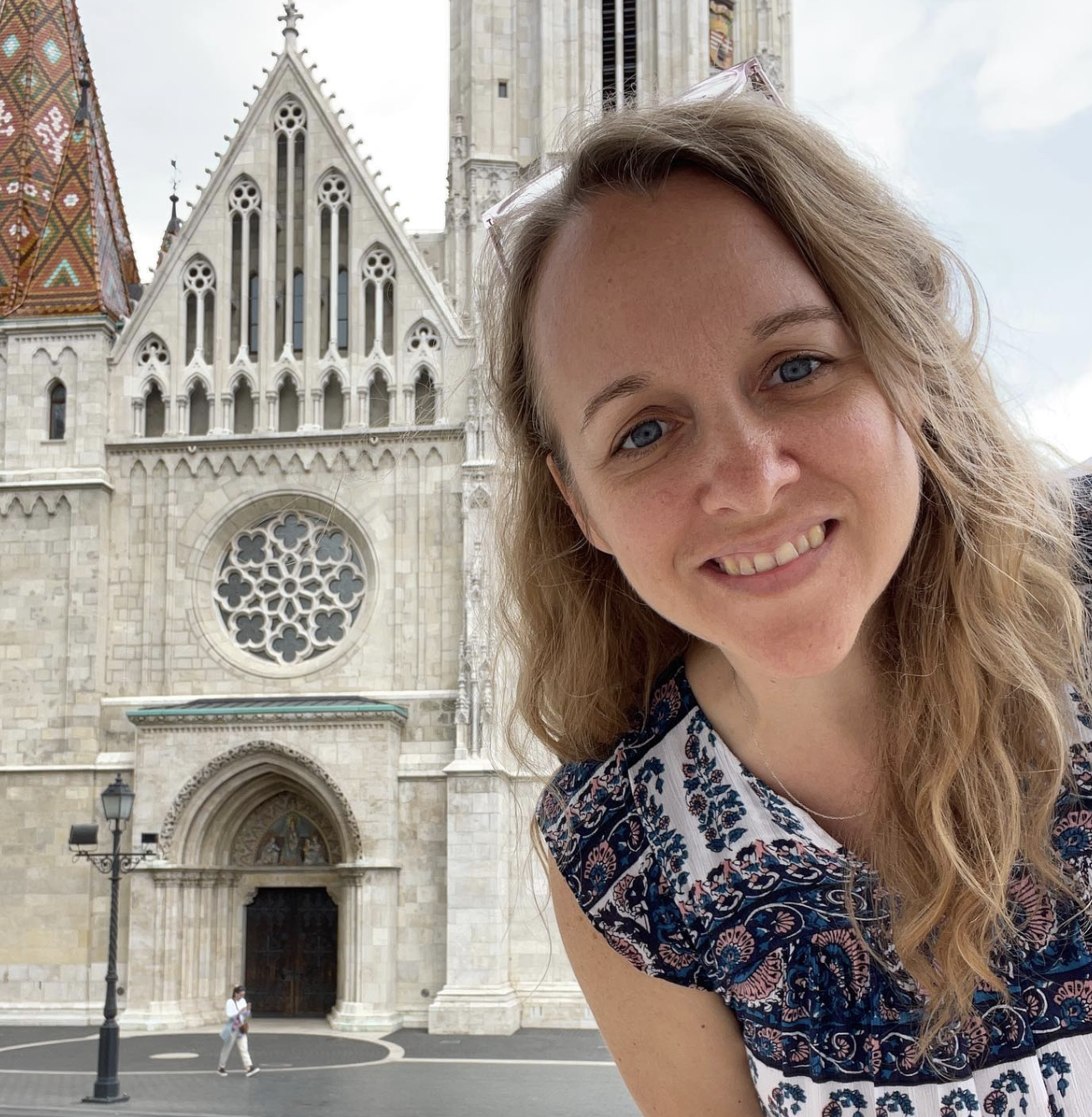Event
HONET-ICT 2017
14th HONET-ICT International Conference "Smart Cities: Improving Quality of Life-Using ICT & IoT"
Scope:
Submitted by Anonymous on May 8th, 2017
Event
IUBT 2017
The 7th International Symposium on Internet of Ubiquitous and Pervasive Things (IUPT 2017)
To be held in conjunction with Ambient Systems, Networks and Technologies Conference (ANT'17)
Submitted by Anonymous on October 17th, 2016
The White House
Office of the Press Secretary

For Immediate Release: September 26, 2016
Submitted by Anonymous on September 27th, 2016
Event
SCCTSA 2016
The 3rd International Workshop on Smart City Clouds: Technologies, Systems and Applications (SCCTSA2016)
http://www1.uwe.ac.uk/et/research/cccs/events/scctsa2016.aspx
co-located with the 9th IEEE/ACM International Conference on Utility and Cloud Computing (UCC2016)
December 6-9, 2016 | Tongji University | Shanghai, China | http://computing.derby.ac.uk/ucc2016/
Key topics: Topics of interest include (but are not limited to):
Submitted by Anonymous on July 6th, 2016
| The President's Council of Advisors on Science and Technology report recommends ways |
Submitted by Anonymous on May 19th, 2016
Cities provide ready and efficient access to facilities and amenities through shared civil infrastructures such as transportation and healthcare. Making such critical infrastructures resilient to sudden changes, e.g., caused by large-scale disasters, requires careful management of limited and varying resources. The rapidly growing big data from both physical sensors and social media in real-time suggest an unprecedented opportunity for information technology to enable increasing efficiency and effectiveness of adaptive resource management techniques in response to sharp changes in supply and/or demand on critical infrastructures. Within the general areas of resilient infrastructures and big data, this project will focus on the integration of heterogeneous Big Data and real-time analytics that will improve the adaptive management of resources when critical infrastructures are under stress. The integration of heterogeneous data sources is essential because many kinds of physical sensors and social media provide useful information on various critical infrastructures, particularly when they are under stress.
This Research Coordination Network (RCN) will promote meetings and activities that stimulate and enable new research on integration of heterogeneous physical sensor data and social media for real-time big data analytics in support of resilient critical infrastructures such as transportation and healthcare in smart cities. As first example, the RCN will support participation from young faculty attending the Early Career Investigators' Workshop on Cyber-Physical Systems in Smart Cities (ECI-CPS) at CPSweek (April of each year) and young faculty attending the Workshop on Big Data Analytics for Cyber-physical Systems (BDACPS). As a second example, the RCN will support contributions to a Special Track on Big Data Analytics for Resilient Infrastructures at the IEEE Big Data Congress. As a third example, the RCN will support participation in International meetings organized by other countries, e.g., Japan's Big Data program by Japan Science and Technology Agency (JST). The project will also maintain a repository of research resources. Concretely, the RCN will actively collect and make readily available public data sets (e.g., physical and social sensor data) and software tools (e.g., to support real-time big data analytics). The technologies and tools that arise from RCN-enabled research will be applied to socially and economically impactful areas such as reducing congestion and personalized healthcare in smart cities.
Off
Georgia Institute of Technology
Calton Pu
-
National Science Foundation
Submitted by Calton Pu on April 11th, 2016
Announcement
U.S. Department of Transportation Launches Smart City Challenge to Create a City of the Future
 Submitted by Emily Wehby on December 8th, 2015
Submitted by Emily Wehby on December 8th, 2015
Event
CPSSC 2016
1st International Workshop on Cyber-Physical Systems in the Context of Smart Cities
23 February 2016 | Vienna, Austria | @SE2016
 Submitted by Katie Dey on December 2nd, 2015
Submitted by Katie Dey on December 2nd, 2015
Event
EMSIG Autumn School 2015
EMSIG Autumn School 2015
Embedded Systems Special Interest Group (http://www.emsig.net/) is together with IDEA4CPS (http://www.idea4cps.dk/) organizing a five day Autumn School on Embedded Systems.
 Submitted by Amy Karns on October 5th, 2015
Submitted by Amy Karns on October 5th, 2015
We would like to cordially invite you to contribute a book chapter to a forthcoming book entitled "Smart Cities: Foundations and Principles" which will be published by Wiley (https://smartcitiesbook.wordpress.com/).
Submitted by Tamim Sookoor on September 9th, 2015